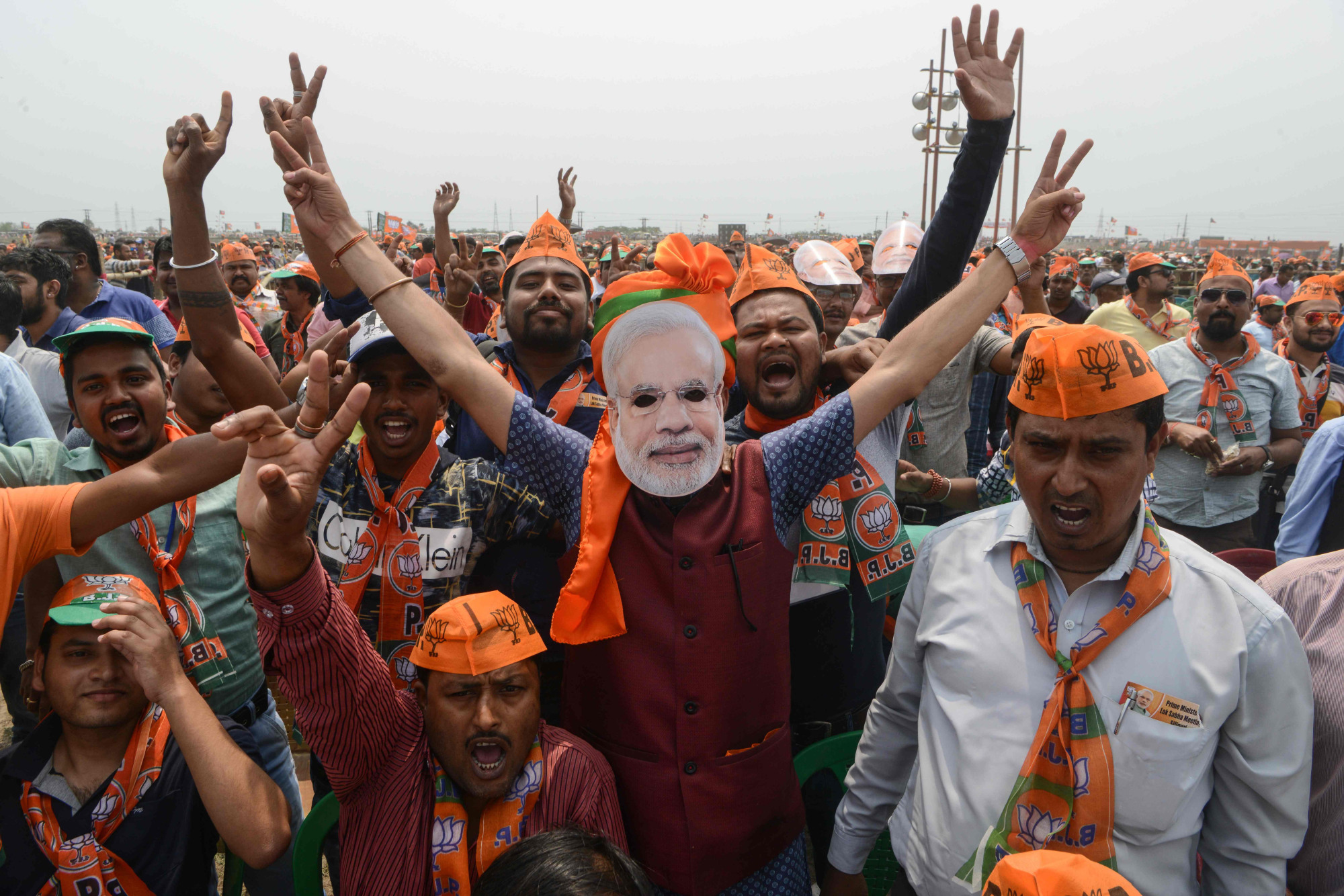As India gears up for its general election, one must not lose sight of the sheer size of the exercise, which has been described as the "biggest humanly managed event in the world."
Starting on April 11 and ending on May 23, 900 million eligible voters (including 15 million first-time voters) will decide the fate of nearly 10,000 candidates representing over 500 political parties vying for the 545 seats in the Lok Sabha (House of the People). Every Indian general election beats its predecessor's record to become the largest in world history. And none of the preceding 16 Lok Sabha elections has been as politically momentous as the coming one.
The election is staggered across seven phases that will take place between April 11 and May 19, with all ballots counted by May 23. Larger states such Uttar Pradesh in northern India, which sends 80 MPs to the Lok Sabha, vote in each of these phases, while others finish in a day. My own constituency of Thiruvananthapuram, the capital of the southern state of Kerala, where I am campaigning for a third term, will vote in the third (and largest) phase of the election on April 23, along with 114 other constituencies from 14 states.



















With your current subscription plan you can comment on stories. However, before writing your first comment, please create a display name in the Profile section of your subscriber account page.